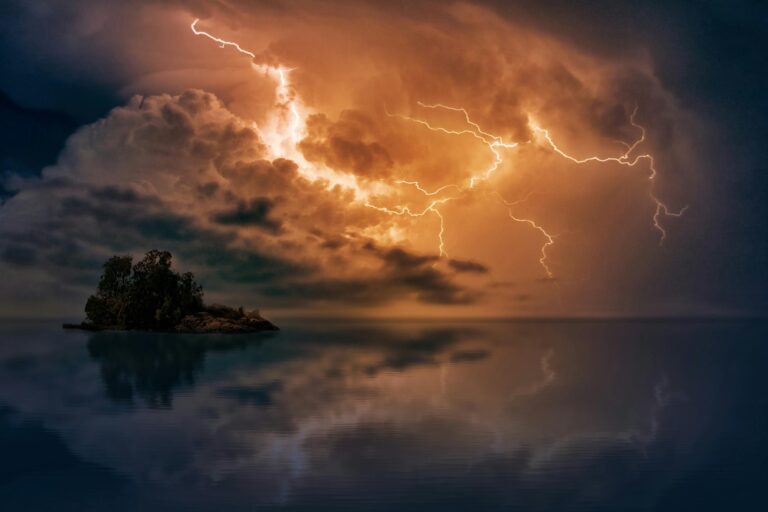Great God, How Infinite Art Thou!
A Meditation on the Limitless Majesty of God
Based on Isaac Watts’ hymn, “The Infinity of God”
Psalm 147:5 | Hebrews 4:13
In an age obsessed with self, self-care, self-expression, and self-discovery, it’s a jolt to the system to be reminded of our actual place in the universe. Isaac Watts, with his characteristic clarity and reverence, cuts through our inflated view of mankind and returns our gaze to the only One whose greatness is beyond all measure.
“Great God! how infinite art thou!
What worthless worms are we!”
Watts isn’t trying to flatter us. And thank God for that. In a world addicted to soft lies, the truth is a mercy. We are creatures. Fragile. Mortal. Dust and breath. We stumble through life anxious over our inboxes, our reputations, and whether the Wi-Fi signal is strong enough. Meanwhile, God is not wringing His hands.
He reigns.
“Thy throne eternal ages stood,
Ere seas or stars were made.”
Before time began, God was. He wasn’t formed or caused or voted into power. He simply is: “from everlasting to everlasting” (Ps. 90:2). And when all nations have drawn their last breath, when kings are dust and empires forgotten, He will still be on the throne, unchanged, undiminished, undisturbed.
Watts puts it this way:
“Eternity, with all its years,
Stands present in thy view;
To thee there’s nothing old appears—
Great God! there’s nothing new!”
Think about that. While we are bound to time like a train to its tracks, God surveys the beginning and end in a single glance. He doesn’t grow, or learn, or forget. He doesn’t have to wait and see how it all turns out. Your yesterdays, todays, and tomorrows are already before Him. “No creature is hidden from his sight, but all are naked and exposed to the eyes of him to whom we must give account” (Heb. 4:13, ESV).
And yet, here’s the staggering thing: this infinite, eternal God knows us. Not just broadly, but intimately. He knows every fear that keeps you up at night and every sin you hope stays hidden. He sees the weariness behind your polite smile and the pride behind your public prayers. He knows your frame, that you are but dust (Ps. 103:14).
And still, He cares.
Watts captures our smallness, yes, but he doesn’t leave us in despair. Instead, he leads us to awe-filled worship. If we are worms (and we are), then let us be the kind that lift our eyes in wonder and say with trembling joy, “Let the whole race of creatures bow, and pay their praise to thee!”
This is not morbid self-loathing; it’s a rightful perspective. And in a world where people crash under the weight of trying to be their own gods, that perspective is a relief.
“Our lives through various scenes are drawn,
And vexed with trifling cares,
While thy eternal thought moves on
Thy undisturbed affairs.”
Let that line settle on you. While we flail and worry and try to hold all things together, God is not panicked. He is not anxious. His plans do not get disrupted. His decrees do not fail. He moves on in perfect wisdom and unshakable purpose. And if your trust is in Him, then your life, however messy it may feel, is safely swept up in His.
So what do we do with all this? We bow. We worship. We repent of our inflated self-importance and come again to the throne, not to advise God, but to adore Him. He is infinite. We are not. And that’s not a problem. That’s the point.
“Great God! how infinite art thou!
What worthless worms are we!
Let the whole race of creatures bow,
And pay their praise to thee!”
At Radiant Hope, we counsel from this posture: the greatness of God is not a cold doctrine, but the warm and stabilizing truth that reorients our fears, our conflicts, and our cares. If you’re weary of living like the world rests on your shoulders, come talk with us. There is freedom in remembering who God is and who you are not.







